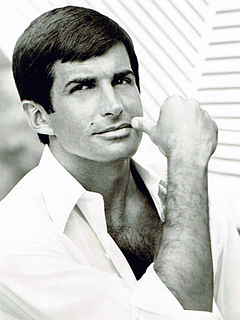A Quote by Stanislaw Jerzy Lec
Morality is either a social contract or you have to pay cash.
Related Quotes
The only thing I took advantage of at Extreme Rules was an opportunity to cash in my Money in the Bank contract, which I did successfully, well within the rules. You know, Jeff knows this, you know this, the fans know this: nowhere on that contract does it say, under any circumstances, 'Do not cash in on Jeff Hardy.'
We're always projecting our moral categories on things. I think that's inevitable. But capitalism places no particular value on morality. Morality in the market is enforced by contract and regulation and law, because morality is understood to be in conflict with the motive force of greed and accumulation.
I remember a meeting I had at MGM. It was at the end of their reign. They say we have you under contract, and because you’re under contract, we’d like to you to work. I said, well, that seems fair. But if it’s a really good movie, they were going to give it to a particular actor that was not under contract. The bottom line was they were going to pay you more if it was a bad one and pay you less if it was a good one.
Typical pay increases are not enough to motivate employees, but they are enough to irritate them. … Even when companies create seemingly significant pay differentiation between low and high performers, the actual cash increase is insufficient to sustain performance – or it drives the wrong behaviors. … Effective management is a system, not a pay plan. The mistake is that companies try to solve all their problems with pay.







































